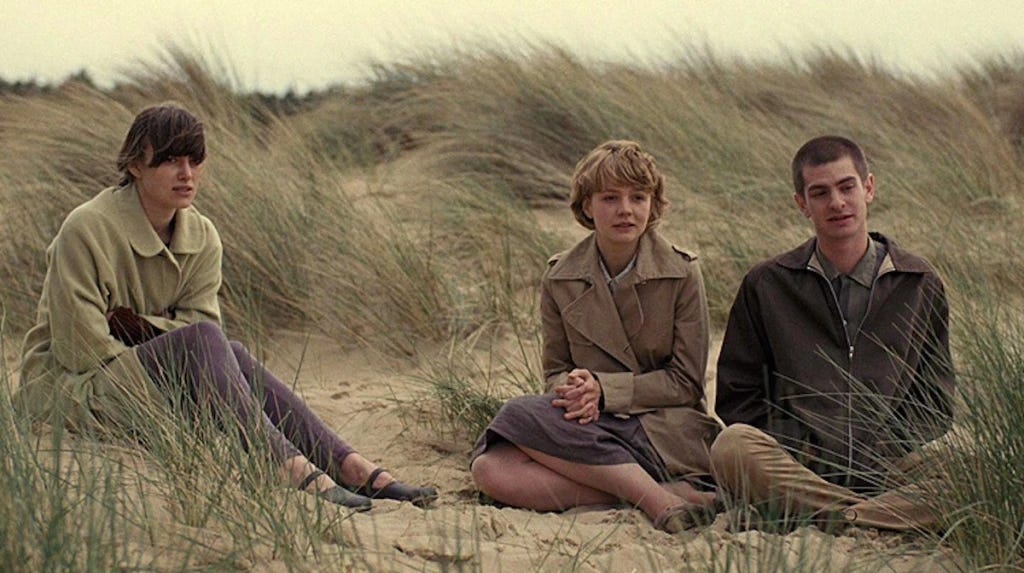WHAT IF I WANT YOU TO LET ME GO?
Why do people not rebel – even when they clearly know their way of life leads to a global catastrophe?
Quite by chance, I only recently saw Mark Romanek’s Never Let Me Go (2010, screenplay by Alex Garland based on the novel by Kazuo Ishiguro), and it struck me as arguably the most depressing film I’ve ever seen. I suspect the reason why is that today, with all the crises that more and more affect our daily lives, from global warming to wars and the threat of digital control, we find ourselves in a position very similar to that of the heroes of Romanek’s film.
Never Let Me Go mixes in an extraordinarily efficient way a science-fiction premise with intimate psychological drama and a love story. A medical breakthrough in the late 1950s has extended the human lifespan beyond 100 years, but to achieve this, the state grew clones who are destined to donate their organs to prolong the lives of mortally ill people. However, for this activity to become acceptable, a profound change had to occur in public morals, radically redefining what counts as socially acceptable – driven by the promise of survival, people accepted this since clones were artificially produced outside the network of kinship relations and were thus perceived as beings who didn’t count as fully human.
Keep reading with a 7-day free trial
Subscribe to ŽIŽEK GOADS AND PRODS to keep reading this post and get 7 days of free access to the full post archives.


